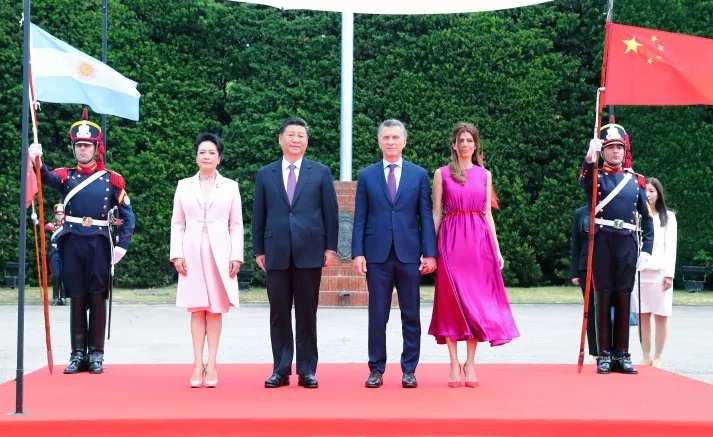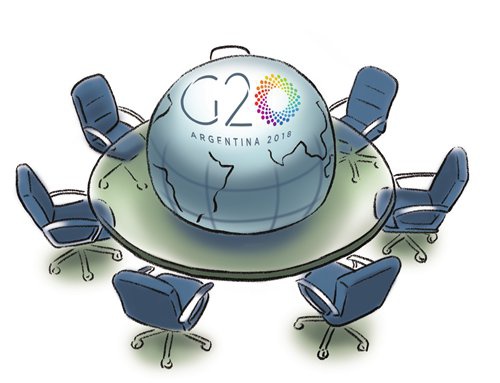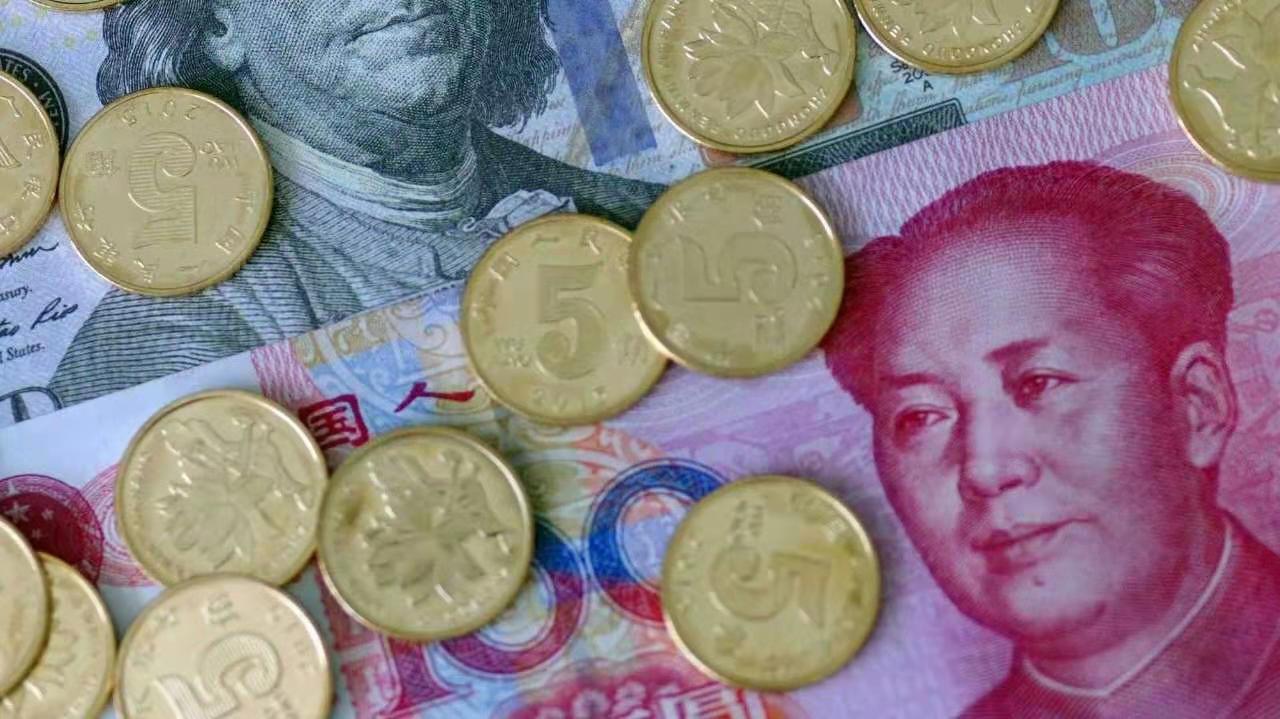Since its establishment, CCG has paid close attention to international relations and China's foreign affairs, tracking the development and changes of China's bilateral economic and trade relations with the United States, Canada, Europe, Asia, Africa, Latin America, Australia, the Middle East and other countries and regions, and has been devoted to research on China-US-Europe cooperation, the Belt and Road Initiative, WTO reform, CPTPP and other multilateral topics, as well as providing recommendations for policymaking.
The annual flagship forums held by CCG for successive years have contributed to discussion on China-U.S. relations and China-EU cooperation, promoted international exchange, and given full play to the role of think tanks in track II diplomacy. CCG regularly conducts research and exchanges in multiple countries, and published a series of Chinese and English research reports on China-U.S. economy and trade relations.
The think tank hosts a series of roundtable seminars all year round, and invites think tank experts and scholars, political leaders, business elites and diplomats from the United States, Canada, Britain, Australia, Japan, Germany, Egypt and other countries to discuss and exchange views on international relations and multilateral cooperation.
-

Miao Lu: Beyond Doha, Building trust and connectivity
2018 was a year of ups and downs in the international arena. However, after my recent trip to the Middle East to participate in the 18th Doha Forum, I welcome the new year with renewed optimism. Sharing ideas with people from around the world brought home the power of dialogue and deeper connectivity to overcome our differences.
January 07 , 2019 -

Wang Huiyao: Challenging Times, Creative Efforts
As the curtain comes down on 2018, it is a good moment to look back at the highlights and central themes of China’s diplomacy during another eventful year.
December 17 , 2018 -

Jorge Heine: A ‘make or break’ G20 summit in Buenos Aires
Much, if not most, of the media attention at the 13th G20 summit in Buenos Aires this weekend will not be on the meeting itself, but rather on a dinner held on the sidelines of it, that is, the one between US President Donald Trump and Chinese President Xi Jinping. Admittedly, much is at stake in the latter, and not just on matters of trade and global economic governance. As the world economy tatters, expectations are that some kind of truce in the trade war between the planet’s two largest economies will be declared.
December 06 , 2018 -

Zamir Ahmed Awan: Currency swap deals good for developing countries
The global trade is dependent on US dollar and whenever the US wants to punish any country, it easily imposes sanctions and freezes its accounts. An overall vulnerability has long been felt, but no country was able to challenge the dollar as an internationally acceptable currency for global trade.
November 27 , 2018 -

Wang Huiyao: WTO reform deemed both imperative and beneficial
Over the past 20 years, the WTO has played a critical role in the economic development of nations all over the world, and has been the primary impetus for economic globalization. However, for more than a decade now, the development of the WTO has stagnated due to irreconcilable differences between developed and developing countries. This can be seen in the demise of the Doha Round of talks. With WTO talks deadlocked, the current US administration has adopted an increasingly negative attitude toward the institution, choosing to abandon multilateralism and instead relying on bilateral talks to resolve trade issues. Furthermore, US President Donald Trump has repeatedly threatened to pull the US out of the WTO. These developments constitute an unprecedented challenge to the multilateral trading system that has done so much to reduce trade barriers and promote the spirit of free trade since World War II.
October 14 , 2018


